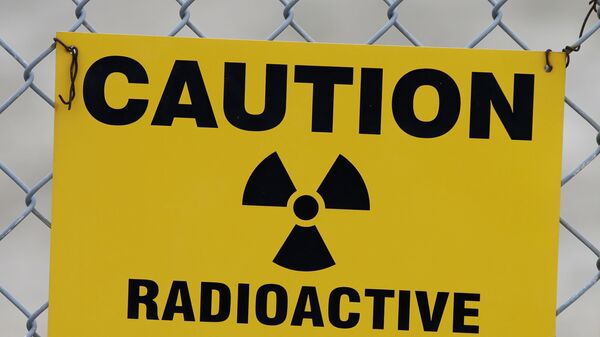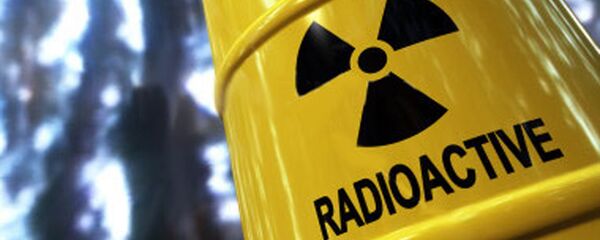Germany is searching for a graveyard for more than 28,000 cubic metres of radioactive waste that will be left after all the country’s nuclear plants are shut down in two years, as was decided following the 2011 Fukushima disaster. A special expert team is tasked with finding a place to bury the about 2,000 containers with lethal high-level radioactive waste, but is facing several challenges. The deadline for finding a place "which offers the best possible safety and security for a period of a million years", according to the Ministry for Economic Affairs and Energy, is 2031.
Transportation Dangers
One of the challenges is how to transport the used fuel rods that are partly used or kept in temporary facilities “designed to hold the waste for a few decades", as Professor Miranda Schreurs, who is on the depositary search team, told CNN.
"If you opened up a canister with those fuel rods in it, you would more or less instantly die", the professor said, adding that they are "so incredibly hot, it's very hard to transport them safely".
Struggle to Find Trouble Proof Site
The permanent graveyard itself should have several characteristics that are hard for many locations in Germany to meet. The site should be at least one kilometre underground and should be "very, very stable" geologically, according to Schreurs.
"It can't have earthquakes, it can't have any signs of water flow, it can't be very porous rock", she told the broadcaster, adding that while Finland, for example, has a lot of granite to build the facilities, Germany does not and has to work with crystalline granite, or rock salt, or clay rock.
Communication Challenges
Although the deadline for finding the site is in just over a decade, it will be sealed for well beyond our lifetime – until between 2130 and 2170. The fact that the place should be undisturbed for a million years also poses a difficulty, as we need to warn people who probably will not understand our language that it is best not to open the sites up.
Even though the government has started to search for a new site, local activists remain aloof.
"They haven't cancelled out Gorleben completely, so we are very suspicious it might still be chosen", campaigner Kerstin Rudek told CNN.





